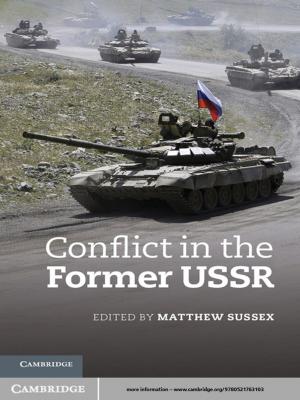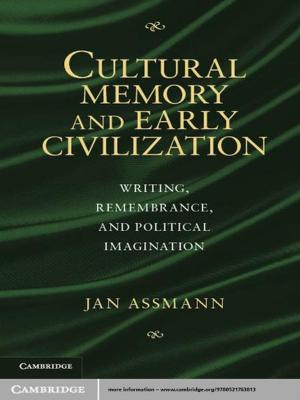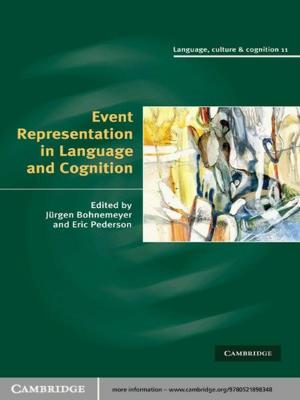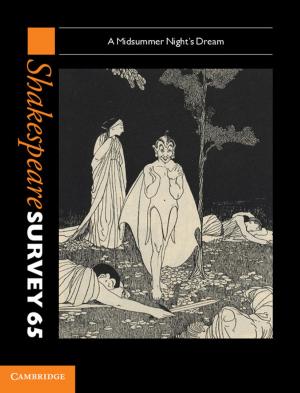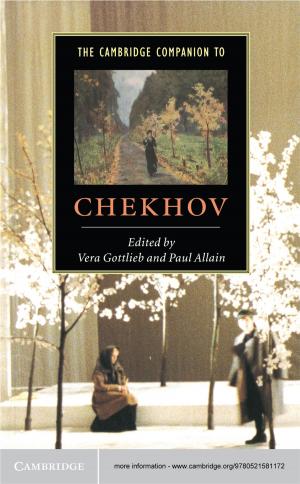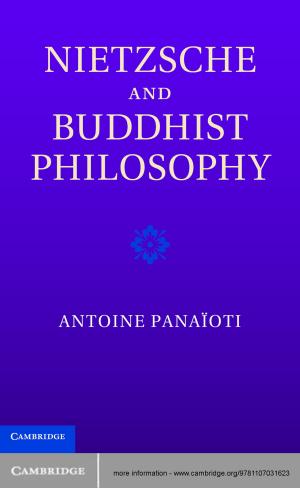Cultures of Power in Post-Communist Russia
An Analysis of Elite Political Discourse
Nonfiction, Social & Cultural Studies, Political Science, International, Social Science| Author: | Michael Urban | ISBN: | 9780511848780 |
| Publisher: | Cambridge University Press | Publication: | August 19, 2010 |
| Imprint: | Cambridge University Press | Language: | English |
| Author: | Michael Urban |
| ISBN: | 9780511848780 |
| Publisher: | Cambridge University Press |
| Publication: | August 19, 2010 |
| Imprint: | Cambridge University Press |
| Language: | English |
In Russian politics reliable information is scarce, formal relations are of relatively little significance, and things are seldom what they seem. Applying an original theory of political language to narratives taken from interviews with 34 of Russia's leading political figures, Michael Urban explores the ways in which political actors construct themselves with words. By tracing individual narratives back to the discourses available to speakers, he identifies what can and cannot be intelligibly said within the bounds of the country's political culture, and then documents how elites rely on the personal elements of political discourse at the expense of those addressed to the political community. Urban shows that this discursive orientation is congruent with social relations prevailing in Russia and helps to account for the fact that, despite two revolutions proclaiming democracy in the last century, Russia remains an authoritarian state.
In Russian politics reliable information is scarce, formal relations are of relatively little significance, and things are seldom what they seem. Applying an original theory of political language to narratives taken from interviews with 34 of Russia's leading political figures, Michael Urban explores the ways in which political actors construct themselves with words. By tracing individual narratives back to the discourses available to speakers, he identifies what can and cannot be intelligibly said within the bounds of the country's political culture, and then documents how elites rely on the personal elements of political discourse at the expense of those addressed to the political community. Urban shows that this discursive orientation is congruent with social relations prevailing in Russia and helps to account for the fact that, despite two revolutions proclaiming democracy in the last century, Russia remains an authoritarian state.



